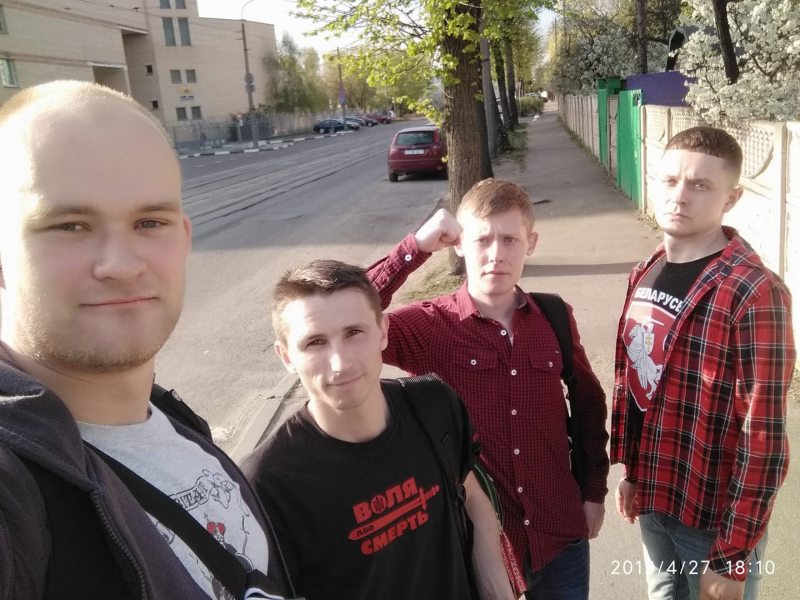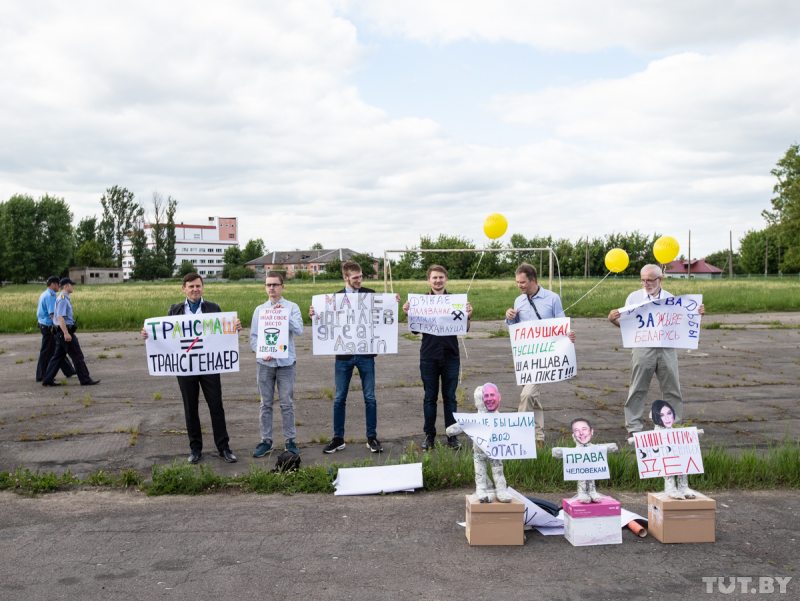Picks of the week
The Prosecutor General’s Office of Belarus will investigate alleged police abuse during the May 16 raid in the Romany districts of Mahilioŭ. An ad-hoc committee has reportedly been created to inquire into the incident that resulted in the arrest of nearly one hundred Roma persons. The decision was taken in response to an appeal by Viasna chairperson Ales Bialiatski, who urged the authorities to inquire into “unreasonable use of physical violence, denial of necessary assistance, and the conditions of detention of persons in custody.”
Earlier, human rights defenders highlighted the discriminatory nature of arrests conducted in the houses of the Roma minority, and published reports of numerous violations committed during the police raids, including beatings and torture.
As much as 4,000 rubles (2,000 USD) in fines have been ordered by the Pieršamajski District Court of Minsk in reaction to an illegal protest staged on the Chernobyl memorial day, April 26. Twelve persons have been convicted of illegal demonstrating, after the city authorities forced the organizers of the annual Čarnobyĺski Šliach procession to call off the rally — for the first time in 30 years. The decision was prompted by the heavy policing costs charged by the Minsk police department. Several more protesters are expected to stand trials in the near future.
Meanwhile, the House of Representatives, Belarusian Parliament’s lower chamber, said in response to an appeal by human rights defender Valiantsin Stefanovich that the legislation governing peaceful assemblies “does not require amendments.” In particular, the MPs argue that the policing and clean-up costs imposed on the organizers are a “widespread practice, including the OSCE countries,” which, apparently, include Russia and other post-Soviet countries repeatedly accused of gross violations of freedom of peaceful assembly.
The activist, in turn, refers to the OSCE Guidelines on Freedom of Peaceful Assembly, which explicitly state that “the costs of providing adequate security and safety (including traffic and crowd management) should be fully covered by the public authorities. The state must not levy any additional financial charge for providing adequate policing.”
On May 26, a group of civil society activists staged a “monstration” in Mahilioŭ. Six people gathered in an empty stadium holding banners with humorous, ironic and sometimes absurd inscriptions. This is the first protest of civic or political nature allowed by the city authorities in nearly 7 years, local human rights activists say.



















